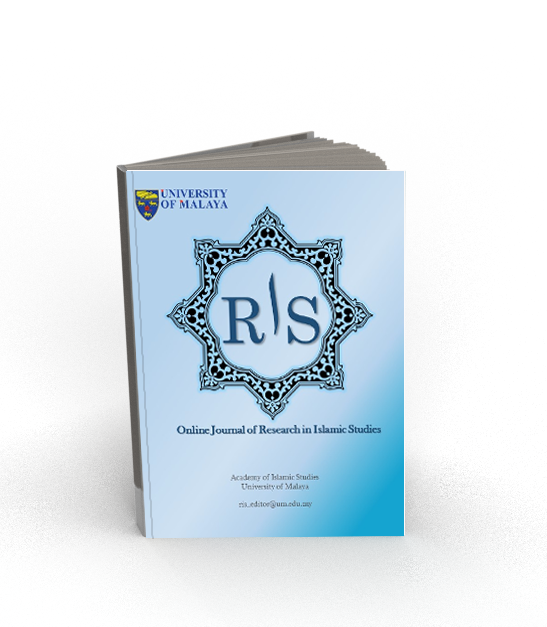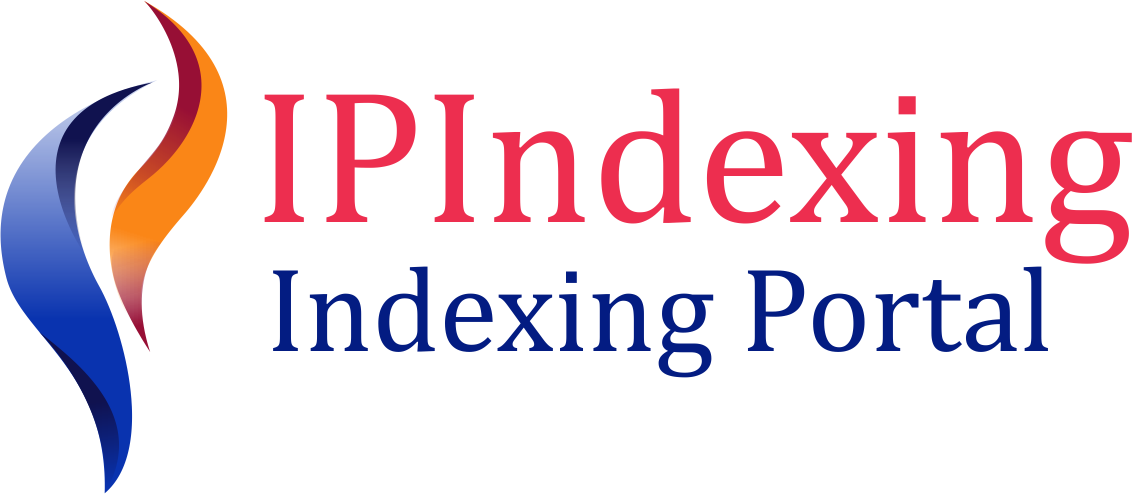Deviant behavior of lesbian, gay, bisexual and transgender (LGBT): Analysis from Hadith Sahih and fiqh al-Hadith
Keywords:
Hadith Sahih, lesbian, gay, bisexual, transgender, Muslim LGBT, fiqh al-HadithAbstract
Of late, there are people who violate their laws of nature and are more apparent in asserting their deviant behaviour to the society. This group is known as the LGBT (Lesbian, Gay, Bisexual and Transgender) group. Islamic sources namely al-Qur'an and al-Hadith explicitly condemn such deviant group. However, some Muslim scholars argued that LGBT in the West are inclined to base their arguments without any valid evidence from the Hadith. In fact, they also present wrong interpretation of the Islamic source to justify their deviant behaviour. This article aims to examine authentic traditions regarding the LGBT behaviour and analyze fiqh al-Hadith for evidence and arguments to dismiss claims and misinterpretations by LGBT proponents who justify their act. The analysis also focuses on the study of the sanad (chain) and matan (text), to ensure the authenticity of Hadith that is being relied to refute the LGBT argument. The methodology used in this study consists of literature review and content analysis. Results show that there are eight Hadiths that clearly mention the LGBT group of people. Aspects covered in the Hadith are the legal aspect, the type and position of the LGBT group in Islam, and the appropriate action to stop this group from spreading within the Muslim community. Through this analysis, it is hoped that this study would position the Hadith of the Prophet in the legislation as a significant argument to proscribe LGBT behaviour.
Downloads
Downloads
Published
How to Cite
Issue
Section
License
Copyright Notice
By submitting manuscripts to the Online Journal of Research in Islamic Studies (RIS), authors agree to transfer copyright to the journal. However, authors may republish their work or grant others permission to republish it; in which case it should be accompanied by a proper acknowledgment that the work was originally published in the Online Journal of Research in Islamic Studies (RIS). The journal adopt CC-BY-NC licence which authors may also share and distribute their article anywhere of non-commercial website, social media and repositories immediately on publication.
Authors may also reuse the Abstract and Citation information (e.g. Title, Author name, Publication dates) of their article anywhere at any time including social media such as Facebook, blogs and Twitter, providing that where possible a link is included back to the article on the journal site.












